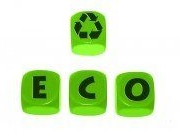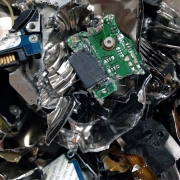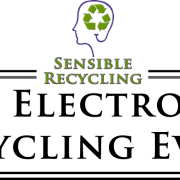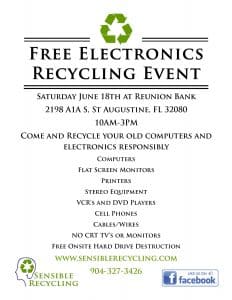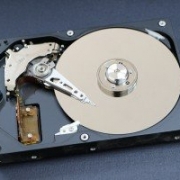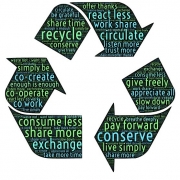The Truth About EPA ID Numbers
The Truth About EPA ID Numbers
If you have been looking around, you may notice that some electronics recyclers advertise the fact they have an EPA ID number. What is it, and should it influence your decision for making a choice in electronic recycling centers? I want to take a few minutes and explain what an EPA number is and what it means. It seems a bit misleading when you look at the fancy symbol or hear someone tell you their facility has an EPA ID number. It sounds like it means the site is ultra-environmentally friendly, but…
An EPA ID number is used to identify hazardous waste generators, transporters, treatment, and storage and disposal facilities. It is not an endorsement of a clean, environmental facility, and the EPA does not issue certifications for electronics recycling. The EPA uses the ID number as a way to keep track of the businesses that deal with hazardous waste. When it comes to recycling electronics, none of it is considered hazardous waste in the State of Florida. Cathode Ray Tubes (CRT’s) can be considered hazardous waste if they are collected stored beyond a certain amount of time. If an electronics recycling center is collecting and storing CRT’s for an extended amount of time, they aren’t doing the right thing with them. Some batteries must be managed as hazardous waste, falling under the universal waste regulations, but as long as they are not being stored for an extended amount of time it is not counted toward the facility being classified as a generator. As far as electronics recycling goes, the following States are the only States that count electronics as Universal Waste: Arkansas, California, Colorado, Connecticut, Louisiana, Michigan, Nebraska, New Jersey.
So why do some electronics recycling centers have an EPA ID number? Maybe they don’t understand what it is. Maybe they are storing material like CRT’s and batteries. If they are storing material like that, are they really recycling and doing what you expect a recycler to do? Finally, maybe they know that the majority of the public doesn’t understand what an EPA ID really means and uses this misperception as a marketing tactic. I think most people would understand the EPA ID number to mean the facility is EPA certified, but as I mentioned, the EPA does not certify electronics recyclers. Don’t let the deception fool you when you need to make a choice in an electronics recycling center.

